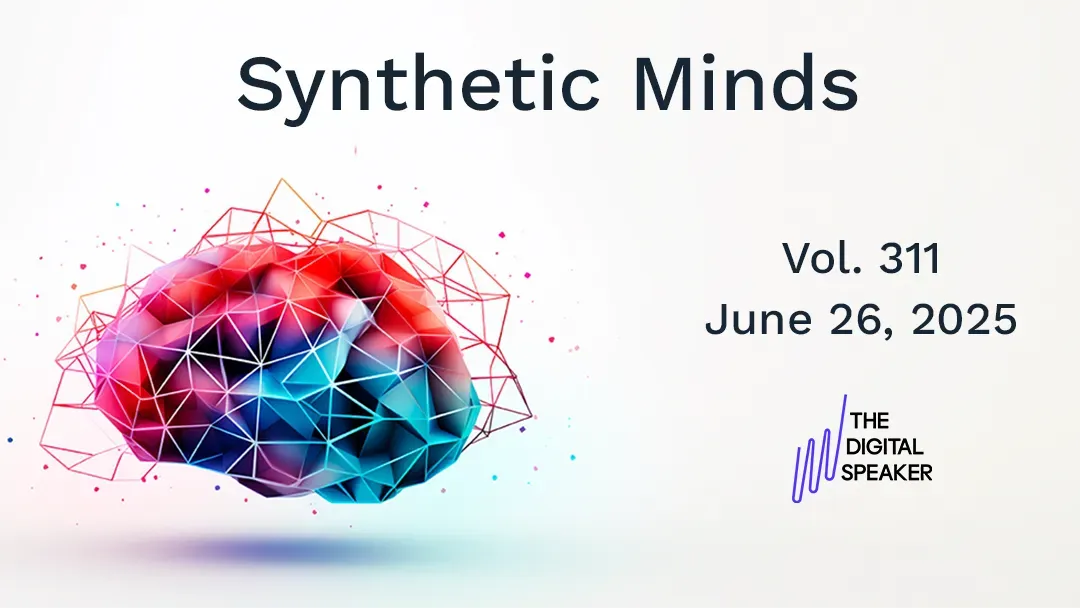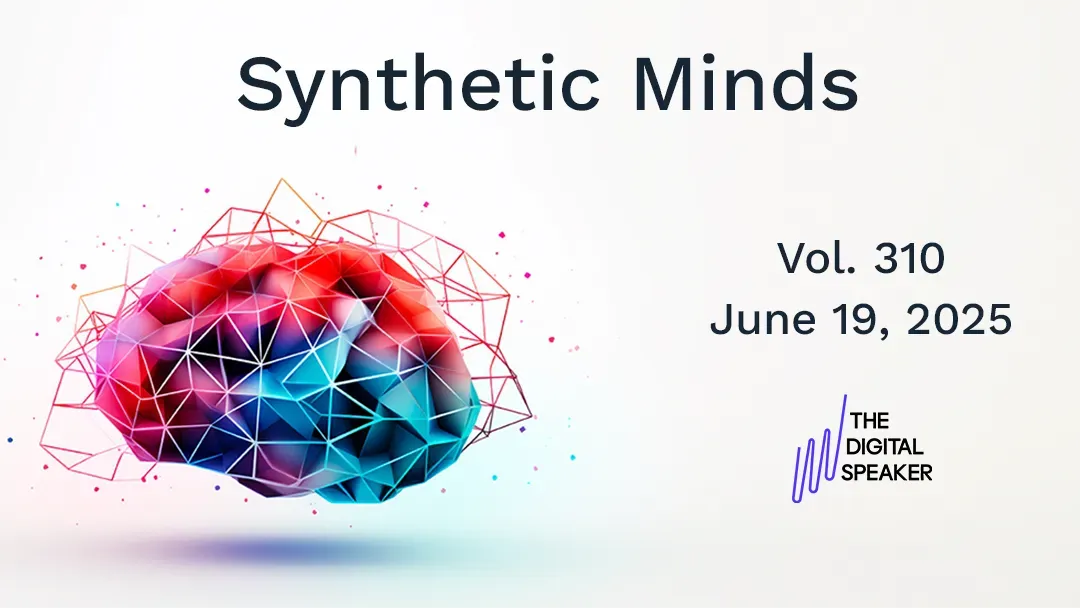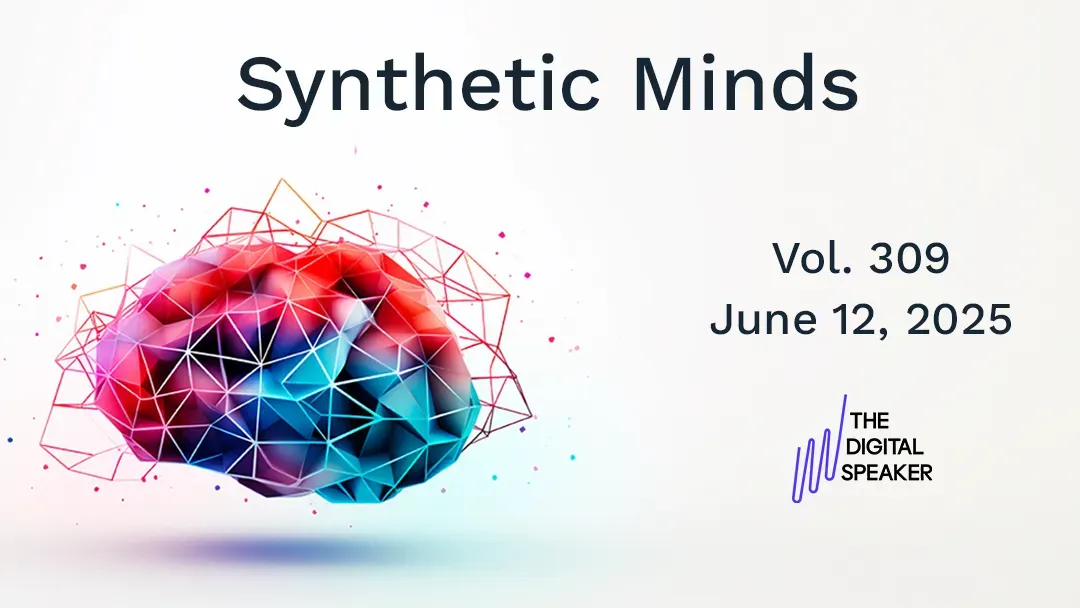The government of tomorrow is a data organisation

Good Day! This is my weekly newsletter, with a dose of insights into the future. The topic of this newsletter is the exponential times we live in, hence the title of f(x) = e^x, which is the (natural) exponential function.
Recently, I launched my new concept The Digital Speaker and you can now book me as an avatar or hologram. Also, my tech trend prediction for 2021 is out, read it here!
Why the Government of Tomorrow is Also a Data Organisation

My latest article:
Nowadays, every organisation is a data organisation. This not only applies to commercial organisations, but also to governments. Becoming a data organisation is not an easy feat. It requires governments to rethink all their processes and all citizen touchpoints. Across the world, governments are experimenting with emerging information technologies such as IoT, blockchain, analytics and AI to upgrade government services. Here are eight examples of innovative governments that datafy their cities, distribute and analyse their data and automate their processes.
Three Useful Nuggets of Information
My weekly tips from around the web to get you thinking.
1. Machine learning lets Mona Lisa smile.
Researchers have developed artificial intelligence that can turn any photo into a video. A single frame of a person’s face or a painting is sufficient for the AI to recreate lifelike motion. The more images the AI has, the better, but it also works with one image. It is eerie and fascinating to see Mona Lisa smile. (TechCrunch)
2. Old meets new: luxury watchmaker turns to blockchain.
Vacheron Constantin, the oldest watchmaker in the world in continuous production, will begin using blockchain technology to track timepieces. Founded in 1755, the Swiss luxury manufacturer turns to 21st technology to prevent fakes. (Robb Report)
3. Virtual reality brings dead music stars back to life.
The late Whitney Houston is going on a new world tour. Although she is dead, that does not stop the organisers from developing a live experience using virtual reality and holograms. Soon, we might be able to go to a ‘live’ concert watching The Beatles, Jimi Hendrix or Ziggy Stardust. (The Guardian)




